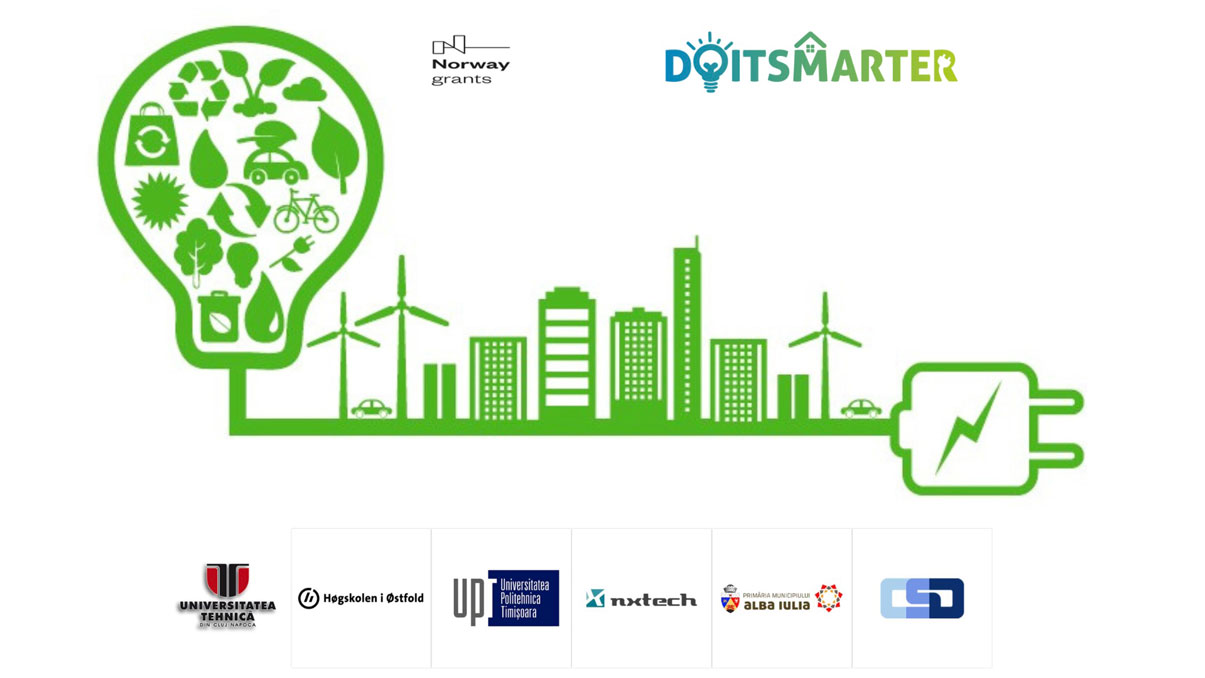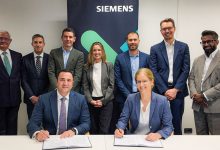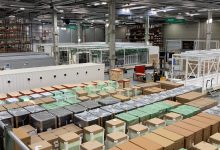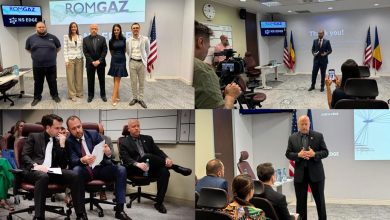DOITSMARTER: Testing Smart Solutions for Optimising Energy Consumption in Social Housing
Targeting technological innovations at energy vulnerable consumers must become a priority for both public authorities and the private and research sectors developing solutions that extend traditional energy efficiency solutions. Through the DOITSMARTER research and development project, cost-effective and easy-to-use smart technical solutions for optimising building energy consumption have been tested in social housing in Romania. One of the goals is to assess how such technological innovations contribute to improving the quality of life for vulnerable consumers.
The DOITSMARTER project is funded by Innovation Norway through the Norwegian Grants 2014 – 2021 (www.innovasjonnorge.no, Working together for a green, competitive, and inclusive Europe), under the ‘Energy Programme in Romania’, with funding of EUR 542,400, and a grant value of EUR 448,600. The project brings together partners from Norway (Høgskolen i Østfold – HIOF Fredrikstadt, NxTech AS) and Romania (Technical University of Cluj-Napoca, Polytechnic University of Timisoara, Centre for the Study of Democracy Cluj-Napoca, and the Municipality of Alba Iulia).
“In the context of the importance of energy for the quality of life in every household, smart solutions for energy consumption management and control must be accessible even to those with low income. This would be in line with the principles of a just energy transition,” said George Jiglau, President of the Centre for the Study of Democracy (CSD), initiator of the Romanian Energy Poverty Observatory (ORSE).
Technical component
The objective of the DOITSMARTER project was to design and develop an energy efficiency management and control system with cost-effective solutions for residential and educational buildings in three pilot locations in Romania and Norway. In Romania, one of the technical solutions was the installation of an energy management system for the hot water needed in a social housing block in Alba Iulia, based on learning algorithms and demand estimation, to ensure efficient and optimised energy management. As a result, based on the data collected so far, energy savings have been estimated at around 10% of the energy consumption before the installation of these systems. Additionally, with funds from this project, the solar panel thermal system, which was no longer functional, was repaired.
Social component
As part of the project, interactions took place with tenants benefiting from social housing in the three blocks. Questionnaires were distributed to assess tenants’ perceptions of how their energy needs are met in their own households, as well as how such technical interventions are considered welcome for improving the quality of life in the household.
Among the findings is that families living in social housing, whose contracts have to be renewed regularly and who are not certain to live there for a long period of time, are reluctant to invest in improving the energy efficiency of their households.
In addition, many families continue to turn off heating and use hot water sparingly to cut costs. On the other hand, larger families mention the need to consume more to meet their minimum energy needs. Hence, the need for smart metering arises to accurately quantify the costs for each household. In addition, technical solutions are needed to optimise gas and electricity consumption in existing building heating systems, thus reducing costs for vulnerable families.
Interviews with tenants in social housing blocks will continue after the completion of the DOITSMARTER project in order to assess the impact on the quality of life of households of the smart technology systems implemented to optimise energy consumption.
In addition, data were collected at the local level in Alba Iulia on two important dimensions of energy poverty on the ground – the number of heating subsidies granted (for the winter season 2022-2023) and the number of energy vouchers granted in autumn 2022. This data helps the municipality to create a more detailed mapping of energy poverty at municipality level.
Also, based on the collaboration initiated within the DOITSMARTER project, CSD, through ORSE, supports the Alba Iulia Municipality in the development of local tools to advise citizens on energy-efficient consumption in their households. This collaboration takes place with the support of the Energy Poverty Advisory Hub (EPAH), established by the European Commission, which facilitates local authorities’ access to expertise in combating energy poverty. More details about the project can be found on the website: entrec.utcluj.ro/doitsmarter.
About the Romanian Energy Poverty Observatory
The Romanian Energy Poverty Observatory (ORSE) is a project initiated by the Centre for the Study of Democracy, a think-tank established in 2006 within the Department of Political Sciences, Faculty of Political, Administrative and Communication Sciences, ‘Babes-Bolyai’ University of Cluj-Napoca, within which it functions as an accredited research centre.
The aim of this initiative is to provide a 360-degree perspective on energy poverty at the national level and to ensure the necessary expertise to combat this complex phenomenon, which affects a large part of the population. Through ORSE, we bring together leading experts from various fields relevant to the issue of energy poverty in Romania to identify the best solutions. More information on this project and on the phenomenon of energy poverty at national level can be found on the ORSE website: www.saracie-energetica.ro.







